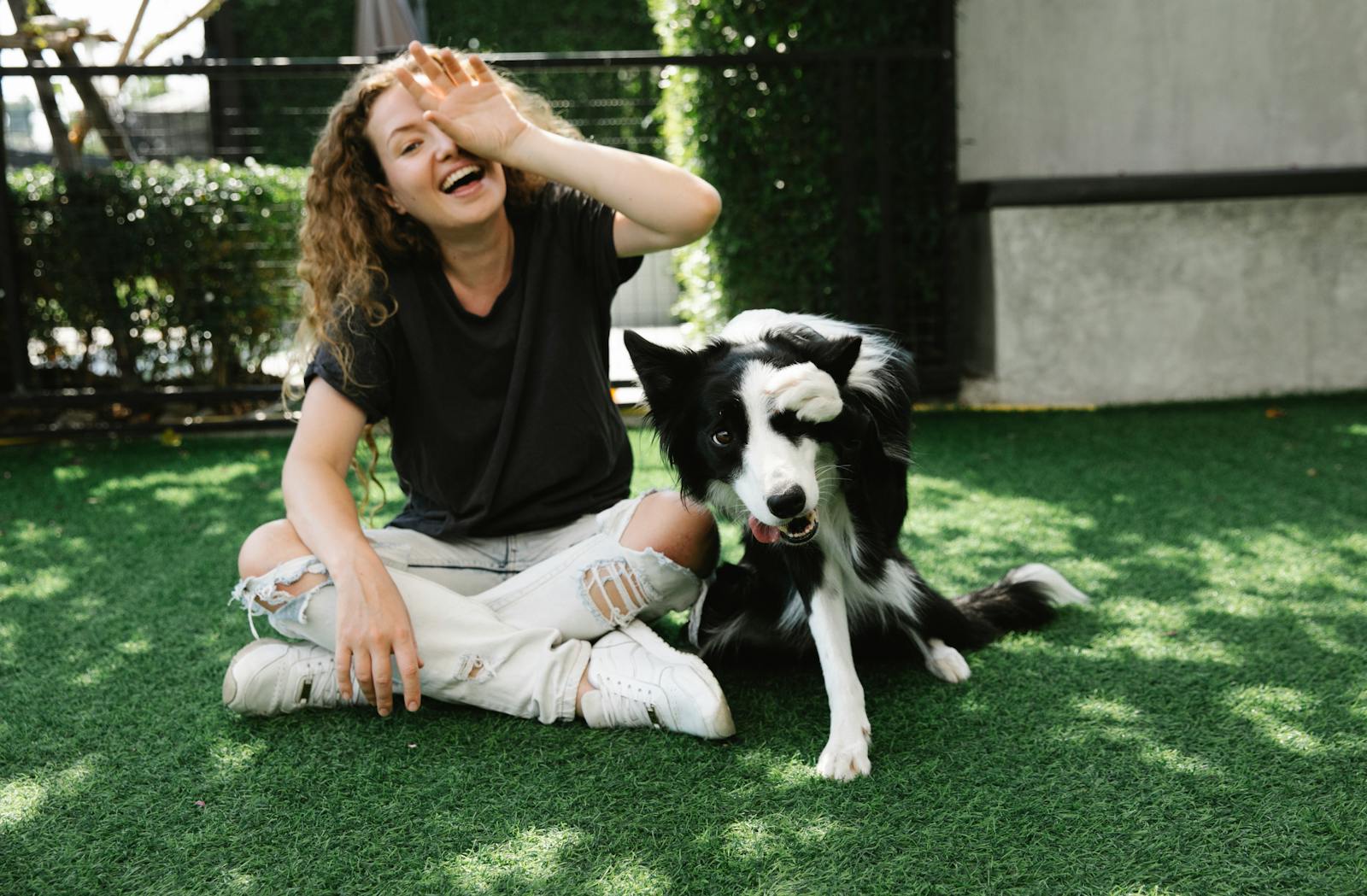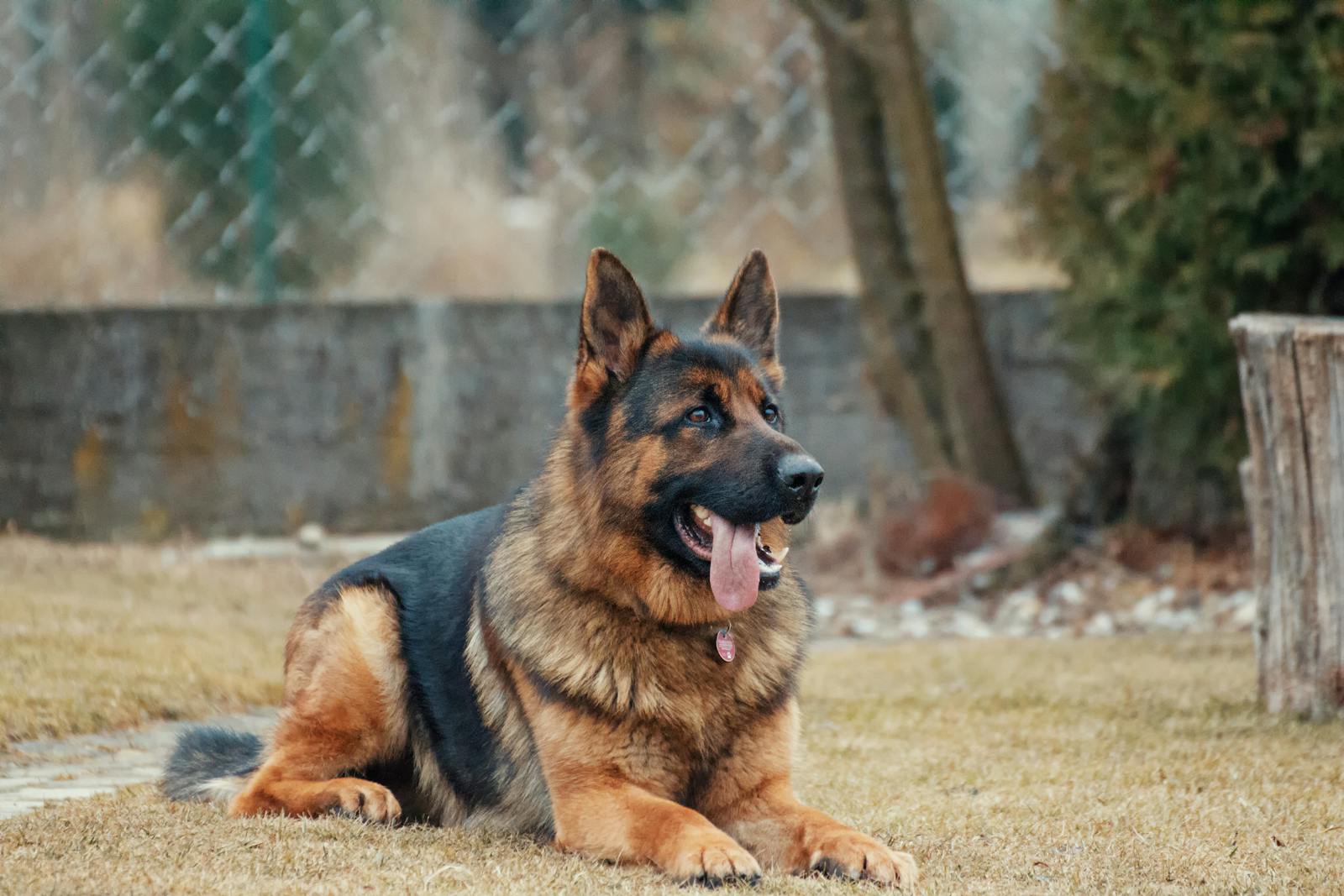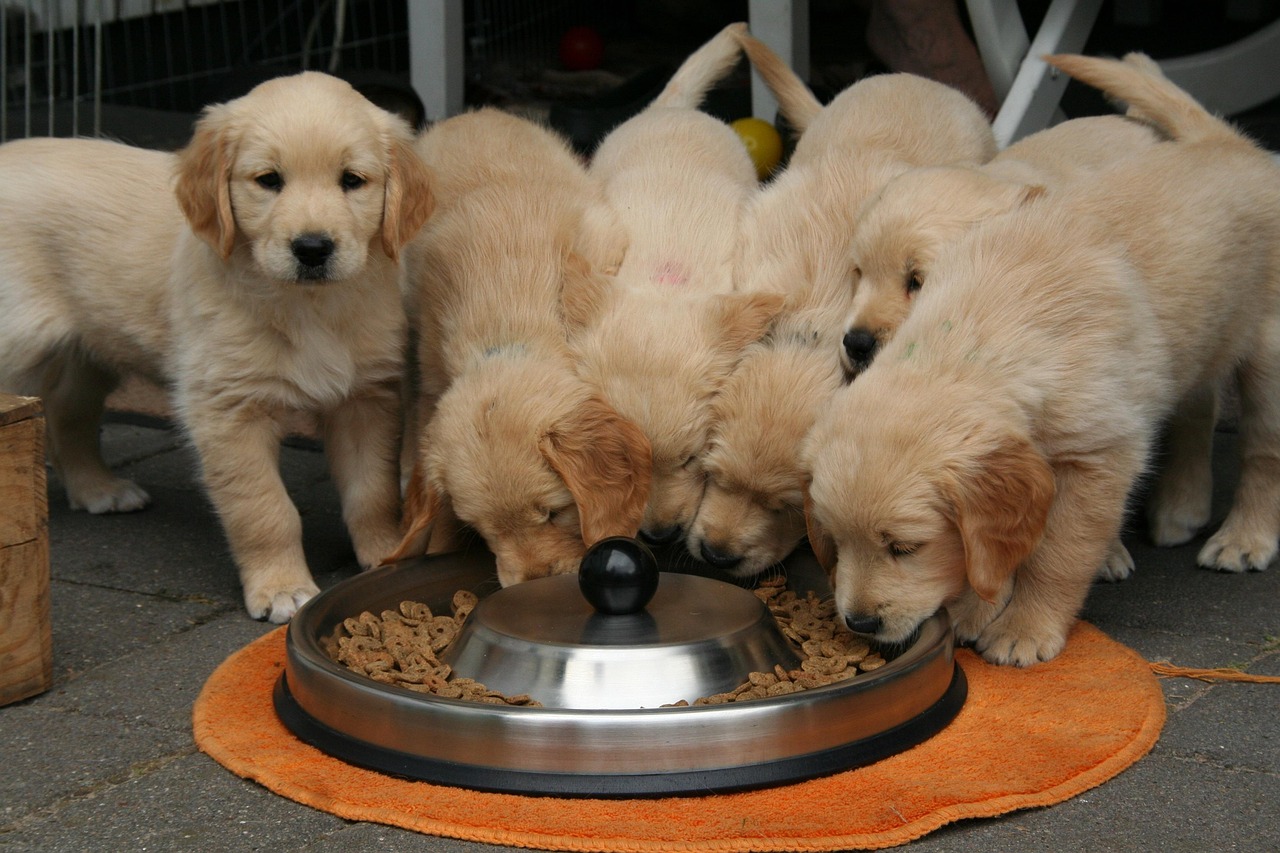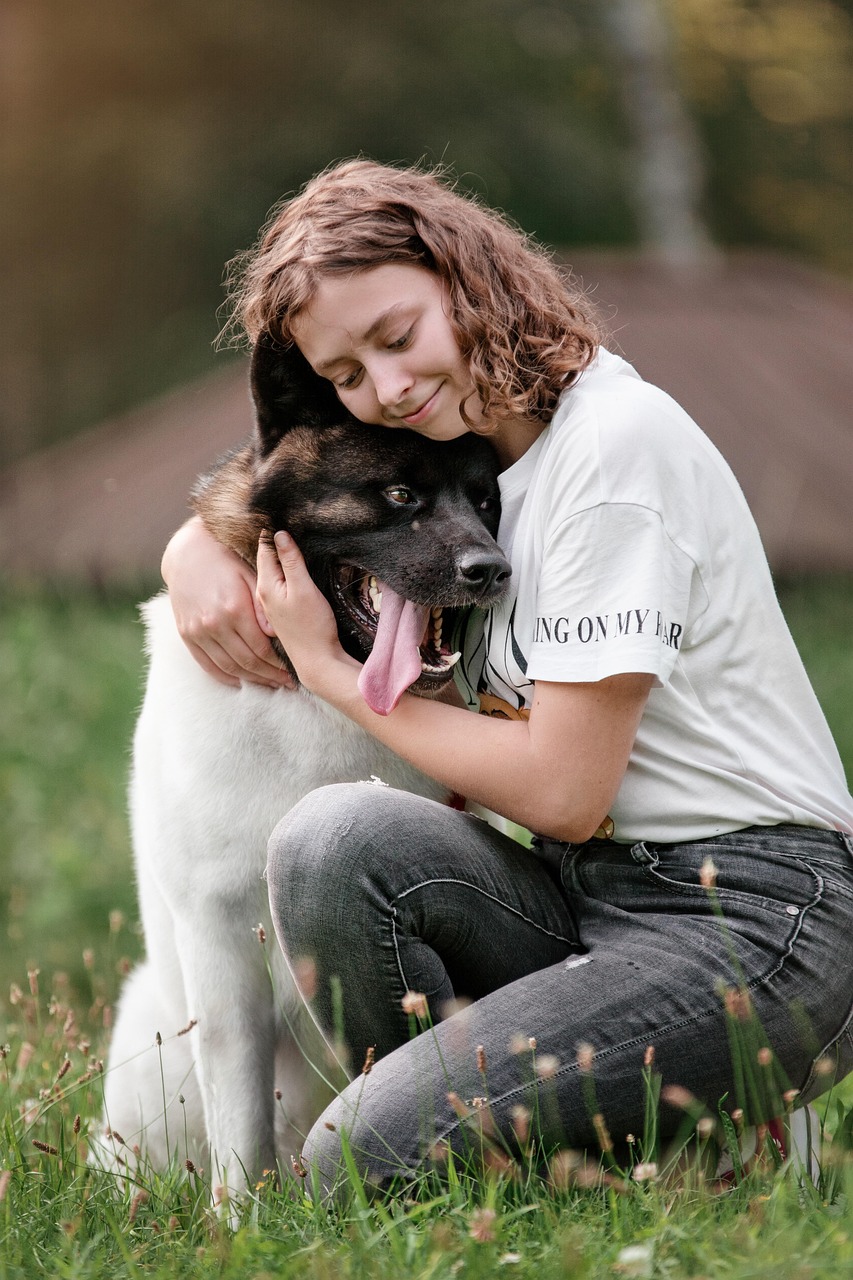The Importance of Early Socialization for Puppies
What Is Puppy Socialization?
Puppy socialization is the art of exposing your young dog to a diverse range of experiences, environments, people, and other animals during their critical developmental period. This phase typically takes place between 3 to 14 weeks of age, a time when puppies are particularly receptive to learning about their world.
- Why It Matters: Adequate socialization helps avert behavioral issues later in life, such as fearfulness or aggression.
- The Critical Window: During this developmental phase, a puppy’s brain is highly adaptable, making it easier for them to learn from positive experiences.
By thoughtfully introducing your puppy to various stimuli while they are still impressionable, you lay the groundwork for a well-adjusted adult dog. This will enable them to navigate life’s challenges with confidence and composure.
Benefits of Early Socialization
Investing time in socializing your puppy offers multiple benefits that not only contribute to their happiness but also foster harmonious living within society. Here are some key advantages:
- Reduced Fearfulness: Well-socialized dogs are generally less fearful in unfamiliar situations, making public outings much more pleasant.
- Better Behavior: Puppies that are socialized early often display fewer behavioral problems as adults, which can lead to a more enjoyable life together.
- Enhanced Confidence: A well-socialized puppy grows into a confident adult dog who approaches new experiences with curiosity and enthusiasm rather than with anxiety.
- Improved Relationships: Dogs that have positive interactions with various people and other animals tend to develop better relationships throughout their lives—whether with family or even strangers.
Given these benefits, investing your time in proper socialization is a key component to enjoying a long and loving companionship with your dog.
How To Socialize Your Puppy Effectively
To ensure successful socialization for your furry friend, consider the following practical strategies:
- Start Early:
– Begin exposing your puppy to new experiences around 8 weeks old if possible.
– Ensure they are exposed to a variety of environments—from parks to busy streets, and homes with children or other pets.
- Positive Reinforcement:
– Use treats and praise when introducing your puppy to new experiences or stimuli.
– Encourage exploration by rewarding brave behavior; this builds positive associations and trust!
- Controlled Interactions:
– Arrange playdates with friendly dogs that exhibit good manners.
– Supervise all interactions until you are confident that both parties feel comfortable and can enjoy their time together.
- Gradual Exposure:
– Teach them about one new experience at a time. For example, start with short car rides before heading to pet-friendly stores.
– Monitor your puppy for signs of stress; if they look overwhelmed, take a step back and give them more time to adjust.
By meticulously implementing these strategies over several weeks or months during the critical development stage, you are laying the groundwork for your puppy’s future success!
Common Mistakes To Avoid
While enthusiasm is vital when it comes to socializing puppies, it’s equally important to be mindful of how you approach this process. Here are some common pitfalls to steer clear of:
- Overwhelming Experiences:
– Too Much Too Soon: Bombarding your puppy with stimuli can frighten them instead of facilitating adjustment.
– Always gauge your puppy’s reactions carefully before proceeding with further exposure scenarios.
- Neglecting Positive Reinforcement:
– Failing to Reward Good Behavior: If you neglect to encourage positive actions, you risk instilling negative associations.
– Remember, praise should accompany training; it reinforces desired behaviors.
- Skipping Important Exposures:
– Neglecting Everyday Sounds: Don’t forget about common household noises like vacuum cleaners, doorbells, or bustling kitchens.
– Incorporating these scenarios early on will ensure nothing seems foreign later.
Avoiding these mistakes will create more effective learning opportunities while ensuring each interaction remains enjoyable rather than stressful—it’s a win-win for both you and your puppy!
Conclusion
In conclusion, early socialization lays the foundation for lifelong behaviors in our beloved canine companions. By prioritizing diverse experiences during those formative weeks—and doing so thoughtfully—you are nurturing confident pups ready to tackle whatever life throws their way!
So, embrace every opportunity to socialize your puppy—whether it’s meeting neighbors’ pets on walks or attending community events. Every enriching moment you spend together forms lasting memories and forges strong bonds between humans and dogs alike!
What experiences have you had with your puppy’s socialization? Share your thoughts or tips in the comments below; let’s foster a supportive community of puppy parents navigating this exciting journey together! Also, if you found this guide helpful, don’t forget to share it with fellow dog owners to help them raise well-socialized, happy pups! Happy training!
editor's pick
news via inbox
Nulla turp dis cursus. Integer liberos euismod pretium faucibua





